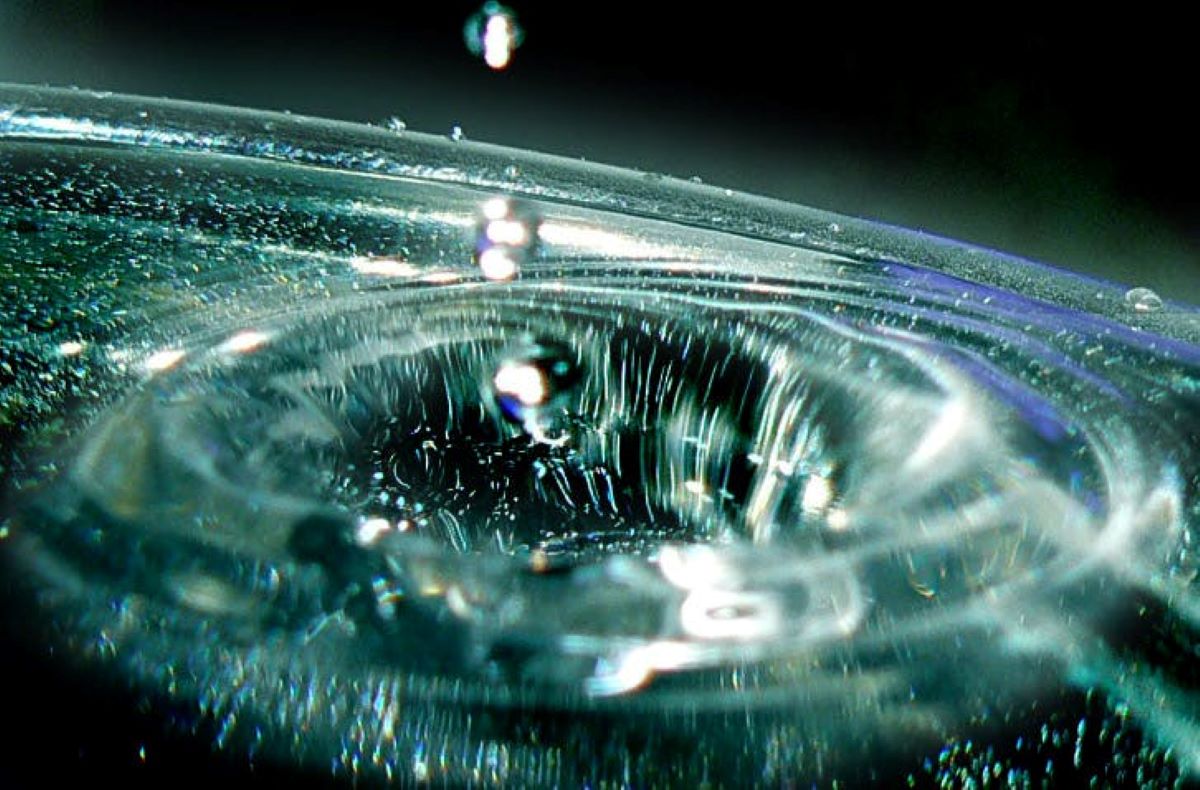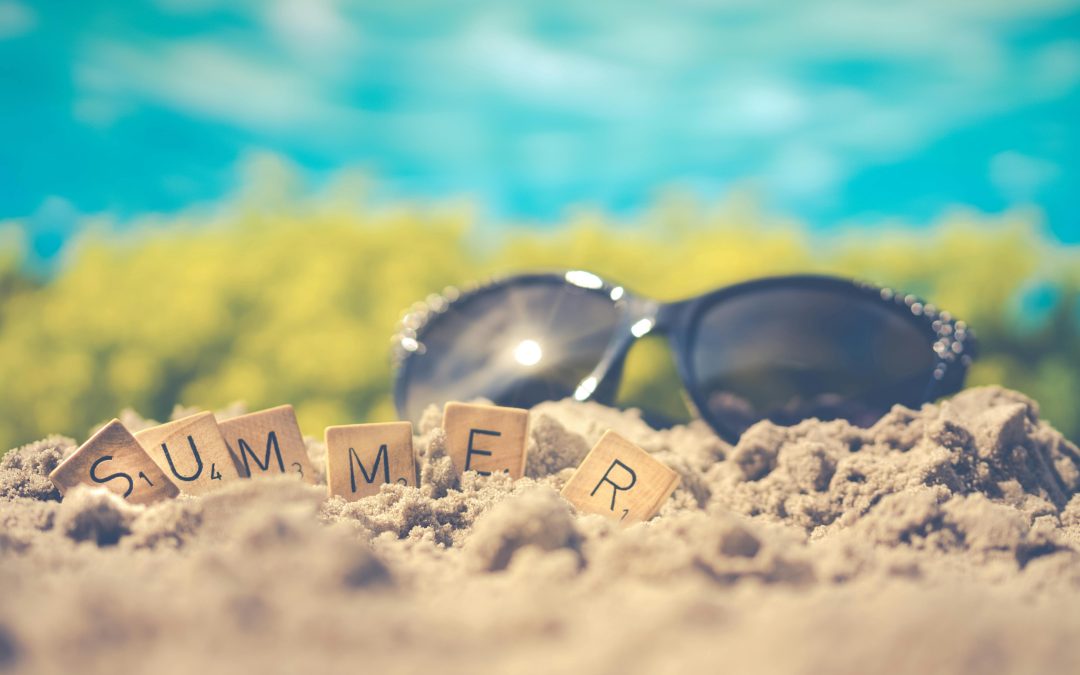
Why Summer Water Usage Increases
It’s no surprise that summer is the season of elevated water demand. Homeowners often use sprinklers to keep lawns green, fill backyard pools, and wash cars more frequently. Inside the home, children out of school and guests visiting for barbecues and holidays also drive up daily water use.
All of these activities, while seasonal, can create long-term strain on plumbing systems and contribute to wasteful water habits if not addressed with intention.
Optimize Outdoor Watering
One of the most effective ways to reduce summer water usage is by rethinking your irrigation routine. Watering your lawn early in the morning or late in the evening helps reduce evaporation. Installing a smart sprinkler controller or drip irrigation system can minimize waste by delivering precise amounts of water only when and where it’s needed.
Make sure to check for leaks in hoses and outdoor faucets—just one dripping hose bib can waste hundreds of gallons over the course of a summer.
Install Water-Saving Fixtures
Updating outdated plumbing fixtures is a powerful step toward conservation. Low-flow showerheads, faucets, and dual-flush toilets use less water without sacrificing performance. These upgrades often pay for themselves in a single season through reduced water bills.
Many municipalities and utility providers offer rebates or incentives for switching to water-efficient appliances, so it’s worth checking with your local provider before making the investment.
Use Appliances Efficiently
During summer, dishwashers and washing machines tend to get more of a workout. Make sure to run only full loads to maximize efficiency. If your appliances are over 10 years old, consider replacing them with Energy Star-rated models, which are designed to use less water and energy.
It’s also wise to inspect your water heater. Sediment buildup can reduce its efficiency, leading to wasted energy and longer wait times for hot water. A simple annual flush can go a long way.
Fix Leaks Promptly
A leaky faucet or toilet may seem like a minor nuisance, but even small leaks can waste thousands of gallons of water per year. Regularly inspect under sinks, around toilets, and near outdoor spigots for signs of moisture. Many plumbing issues that arise in the summer—like pressure problems or mysterious puddles—can often be traced to minor leaks.
Ignoring leaks not only drives up your water bill but can lead to water damage, mold, and costly repairs down the road.
Consider Greywater Solutions
If you’re serious about sustainability, look into greywater systems. These setups recycle water from sinks, tubs, and laundry for use in outdoor irrigation. While they do require professional installation and local code compliance, greywater systems are an excellent way to reduce overall water consumption in the home.
Even without a full system, small changes like collecting shower warm-up water in a bucket to use in your garden can add up over time.
Make It a Family Affair
Water conservation is most successful when it becomes a household habit. Teach kids to turn off the tap while brushing their teeth, limit shower time, and report drips or leaks they notice. Encouraging a culture of awareness around water use can lead to more lasting savings—and a shared sense of responsibility for protecting resources.
Save Water, Save Money, Save Your Plumbing
Implementing smart water practices during the summer isn’t just good for the environment—it’s a sound investment in your home. Conserving water helps extend the life of your plumbing, lowers your utility bills, and reduces strain on municipal systems.
Ready to make your plumbing system more efficient this summer? Premier Plumbing offers expert inspections and eco-friendly upgrades that can help your home run smarter. Contact us today to schedule a water-saving consultation and start seeing the difference on your next utility bill.

